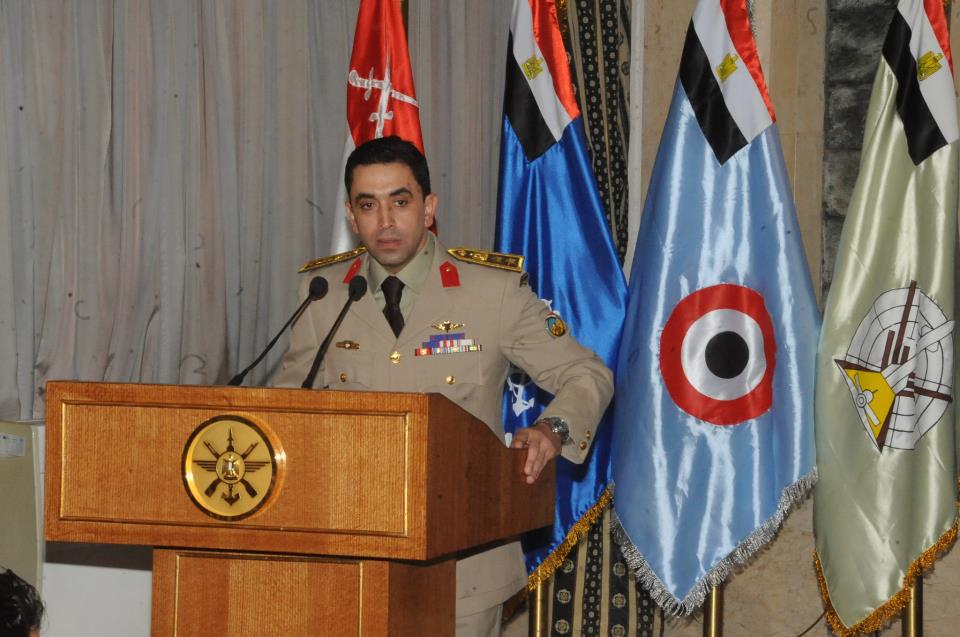RAMLA, Israel: For at least two millennia, political and educational philosophers have remained adamant about the pre-eminent place formal schooling holds in shaping the “good citizen.
However, while the place of schools as the single-most important institutional agent for shaping the good citizen remains unrivalled, many other less structured but important educational opportunities exist. As values educators we are obliged to explore and utilize all of these with equal seriousness. Attitudes of disdain that some “serious educators show for everything that happens outside school, especially in regards to possible use of popular media, are unfortunate – an indulgence we cannot afford.
The fact is that, like most of their contemporaries around the globe, young Israelis spend less than 25 percent of their waking hours in compulsory schooling. Of this, only a small fraction is devoted to what we can seriously claim to be values education that instills, for example, respect for the rich human diversity that characterizes our world and, more specifically, Israeli society.
While we are right to develop strategies to integrate values content across the curriculum, in response to the severe time restrictions of the school-day, we must acknowledge the limitations. In Israel, time pressures that restrict values education are compounded by the structural realities of four separate school streams (Jewish-secular, religious, ultra-orthodox and Arab) whereby young Israeli citizens, separated by nationality and religiosity, rarely, if ever, meet in school.
Debate about the potential impact of employing various media platforms, of which television and the internet are prominent, to shape attitudes, is redundant. Like it or not, commerce driven by advertising has proven beyond all reasonable doubt the power of such platforms to shape – for better and frequently for worse – the preferences and priorities of the young. The fierce pressure placed on our daughters, through media-transmitted popular-culture, to become preoccupied with their weight, is evidence enough.
In short, dismissing the potential power of media platforms to help us do good as democratic and citizenship educators, just because these vehicles are so often used for bad, is as sensible as condemning the institution of schooling because certain regimes have and still use schools to instill and sustain grave injustices.
In Israel, a number of obvious opportunities exist and are now being explored as part of a major new public education effort to promote understanding and empathy towards citizenship and diversity. Two examples will suffice:
Firstly, it is essential to ensure the introduction of more positive representation of our diversity into mainstream children’s television. This is an area in which we lag far behind many of the comparatively progressive democracies with which we wish to be compared.
Rather than continuing to bombard our children with images of wafer-thin, white, exclusively-Jewish, secular and upper-middle class kids from North Tel Aviv, they should be exposed to their real contemporaries: Jewish and Arab-Palestinian, black and white, gay and straight, physically-challenged and sometimes obese. Provided this representation avoids tokenism and stereotyping, the educational potential to help young Israelis encounter their fellow citizens and imagine a better shared future is enormous.
In this regard, the monitoring and critiquing of existing programming, encouraging pro-diversity criteria in the allocation of broadcast rights, providing evidence of the significant commercial benefits over time of promoting diversity, and initiating positive new programming – are all useful approaches.
Secondly, positive use of the internet, including social networking, to engage and activate the young across national, religious, ethnic and socio-economic divides is becoming increasingly important – perhaps no less so than television – in shaping attitudes.
Properly guided, “You Tube , for example, allows us to encourage diverse groups of young citizens, equipped with relatively cheap equipment, to vividly portray their own often marginalized communities, experiences and aspirations. The internet also provides unprecedented opportunities for the young to organize, and, hopefully, to translate their initial digital actions, into positive cooperation for change in the real world.
As values educators we have a unique opportunity and moral responsibility to grasp such exciting opportunities without condescension, trepidation or apology.
Expanding our horizons beyond the school day is in no way dismissive of the continuing centrality and distinct advantages of school-based education and there is no need for insecurity in this regard.
Indeed, we could do even better by exploring the exciting new opportunities for building symbiotic and mutually beneficial relations between school-based and popular media-based platforms, thereby enjoying the best of both worlds.
Mike Prashkeris the founder and director of MERCHAVIM-The Institute for the Advancement of Shared Citizenship in Israel. This article was written for the Common Ground News Service (CGNews) and is part of a special series on informal education in the Israeli-Palestinian context.


